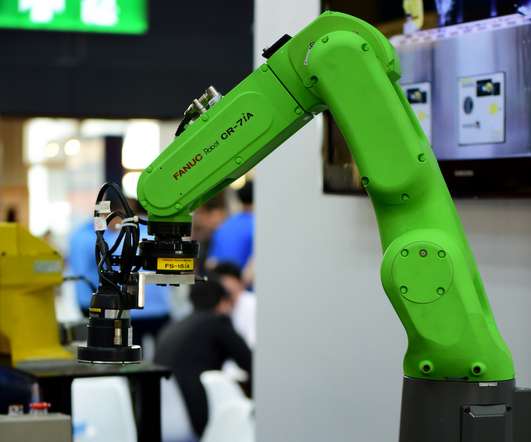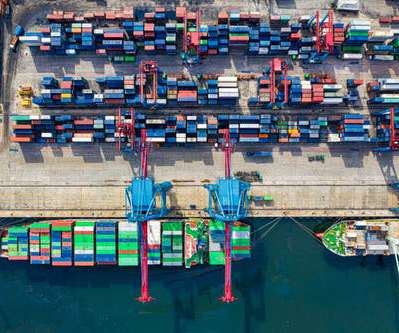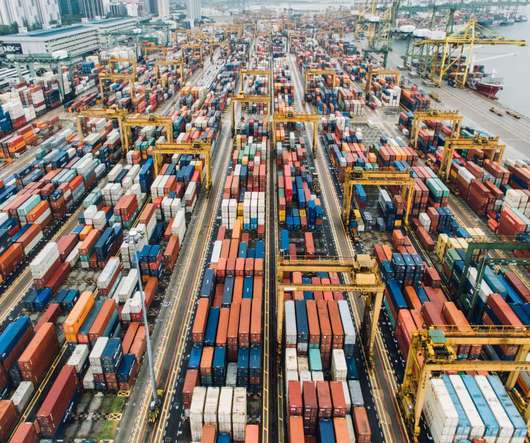7 Supply Chain Technology Trends Set to Disrupt Supply Chains in 2017 and Beyond
Arkieva
JANUARY 17, 2017
What supply chain technology trends are set to revolutionize your supply chain in 2017 and beyond? Supply chain executives recognize digital disruption is carving new opportunities in business process automation and organizational management – with increasing tenacity. Big Data Analytics.

















Let's personalize your content